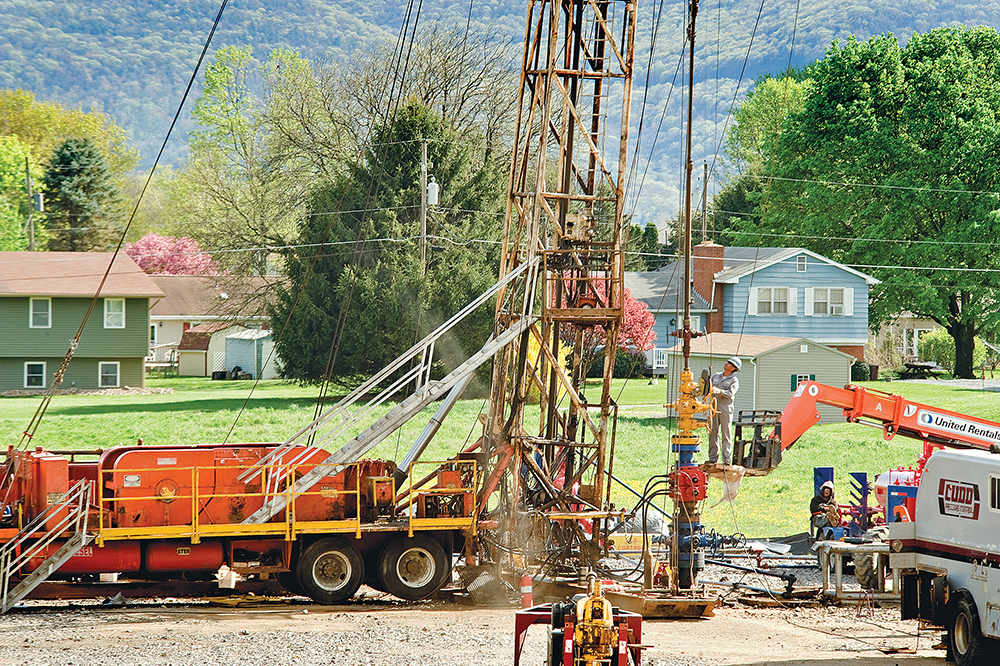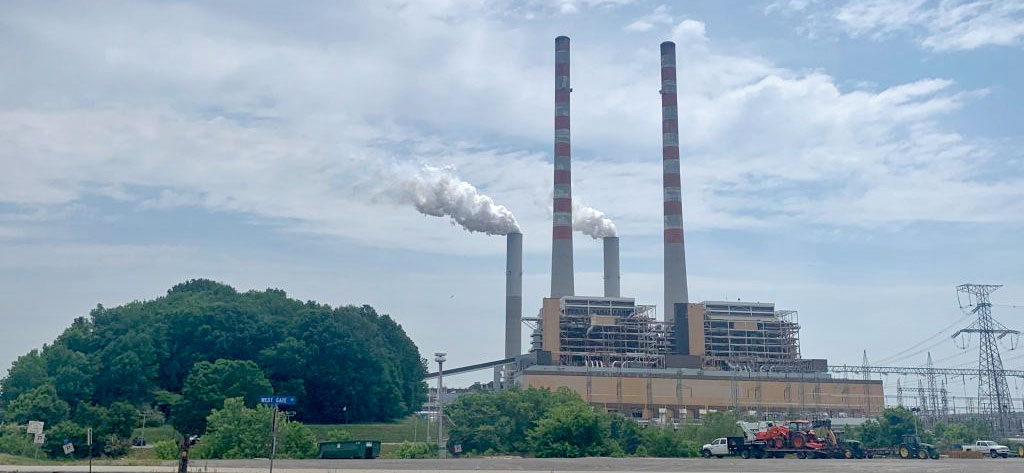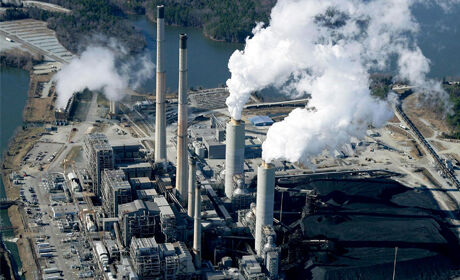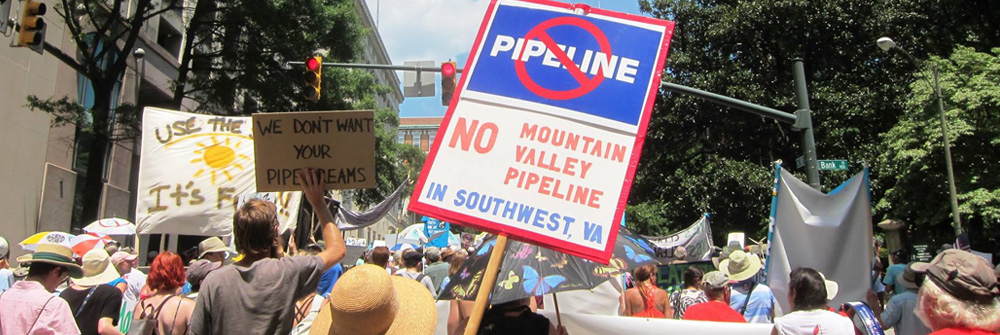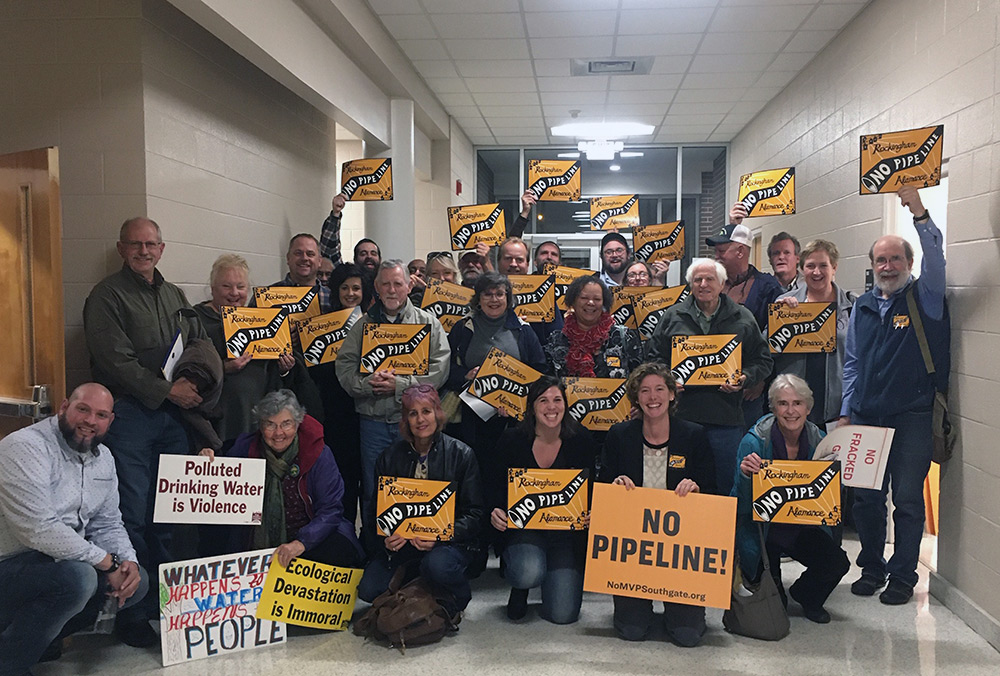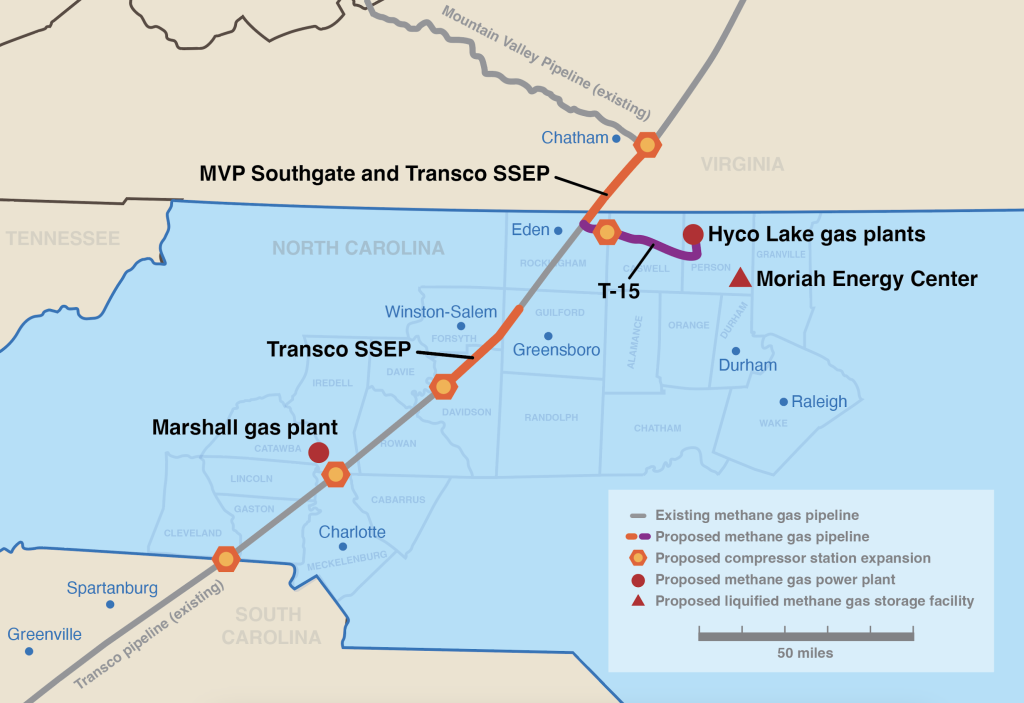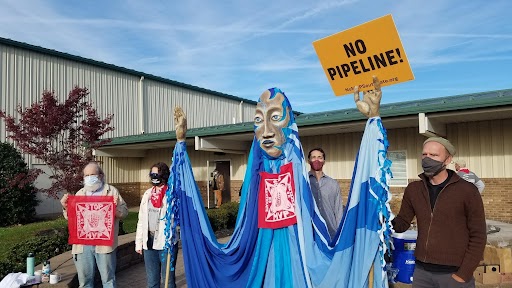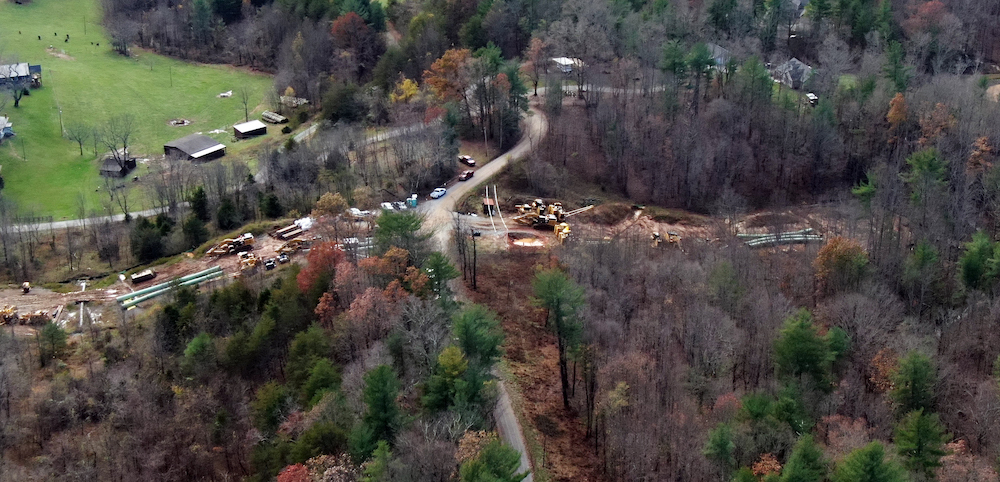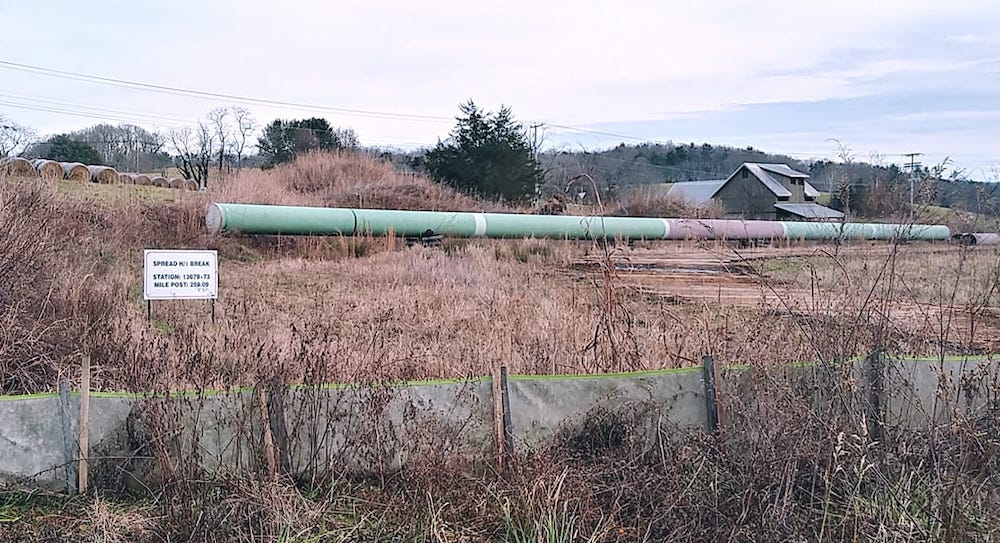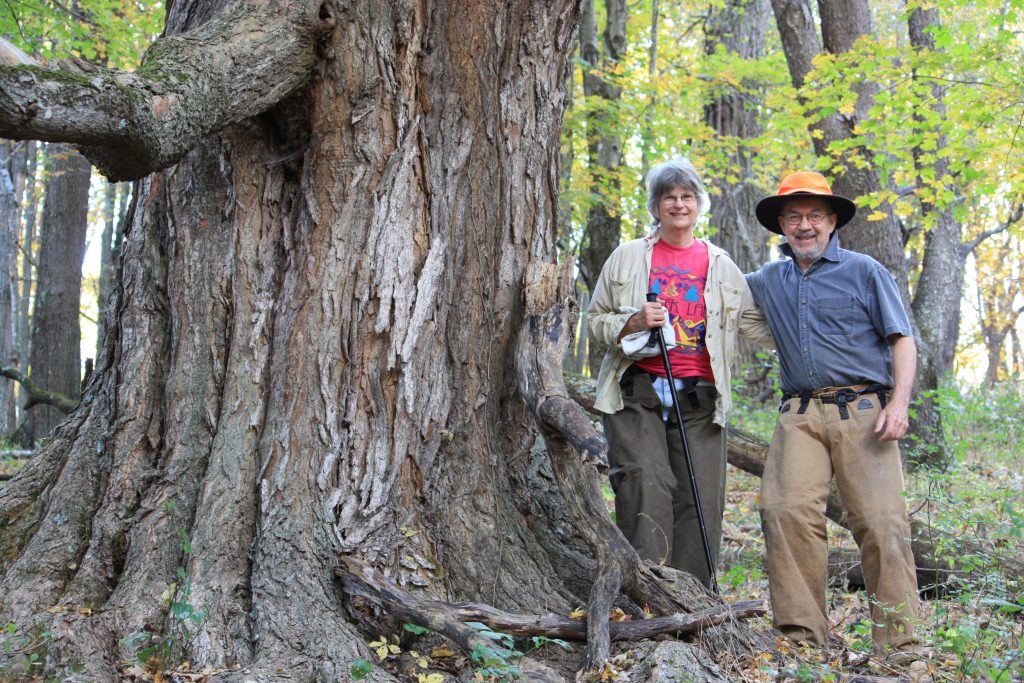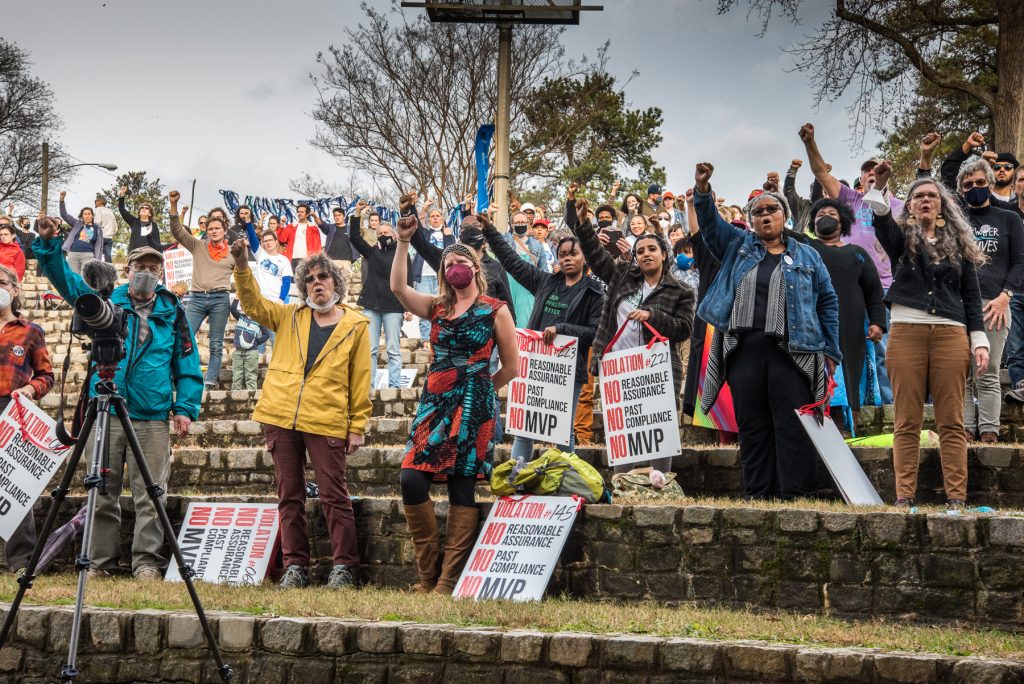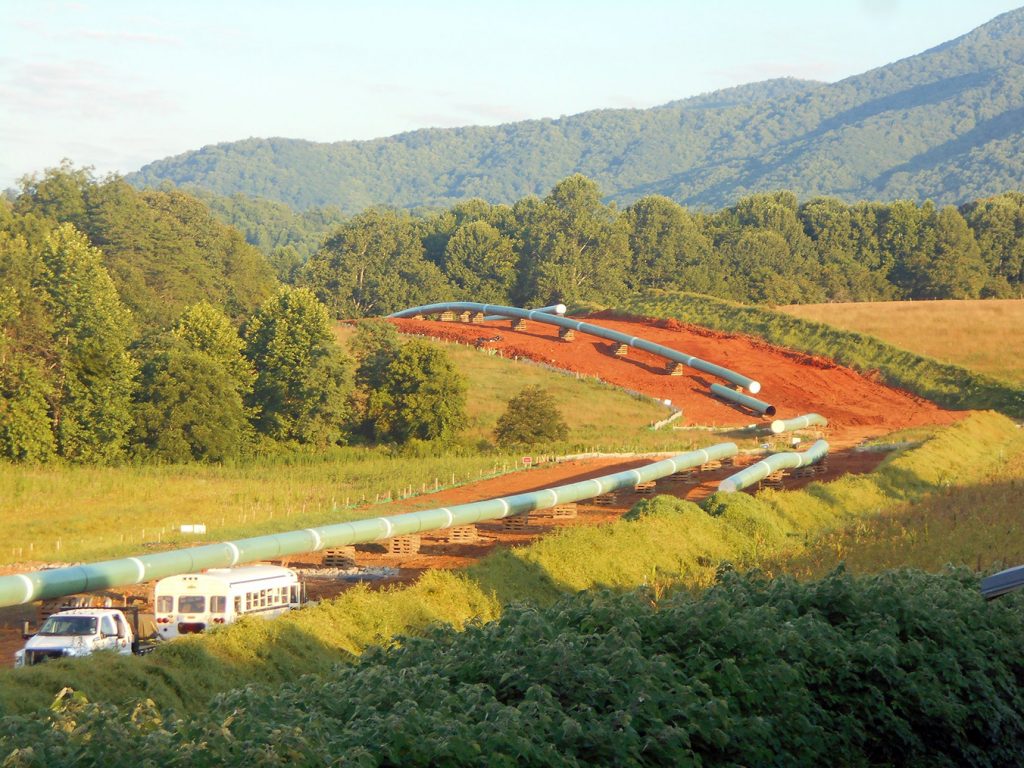Stop Pipelines & Fracked Gas

Photo By Sierra Shamer / Fractracker
Two decades ago, so-called natural gas exploded on the American energy market, pushed by the industry as a supposedly clean “bridge” fuel to transition the economy from dirty coal to renewable sources of electricity generation like solar and wind.
But this gas is far from clean. From the time that it is extracted using a destructive drilling method called fracking, its transport through pipelines, train cars and trucks, to the power plants where it is burned, the dire environmental and human costs of this fossil fuel are now abundantly clear. In particular, this polluting infrastructure is often sited in communities of color, lower-income areas and other environmental justice communities.
Studies show that investments in renewable energy and energy efficiency are on par with, or sometimes more affordable than, building new gas infrastructure. Many states are enacting policies to tap into the rising solar and wind sector. Yet the fossil fuel industry is rushing to build methane gas pipelines and power plants to squeeze as much profit as possible out of the waning fuel, putting most of the financial risk on customers.
Appalachian Voices is tackling the spread of fracked gas head-on by legally challenging fossil fuel proposals and pushing back against the antiquated policies and rubber-stamping agencies that govern the development of gas infrastructure. We are also partnering with communities in the fight against new fossil fuel infrastructure, providing resources and training to bolster local opposition. And we are pressuring decision-makers to force them to consider the harm to communities threatened by polluting energy development.
And the tide is starting to turn. In July 2020, Duke Energy and Dominion Energy canceled the 600-mile Atlantic Coast Pipeline. The massive fossil fuel project was riddled with problems, starting with the fundamental fact it was not needed to meet energy demand. Standing beside the many communities and organizations that made this historic victory possible, we’re taking this momentum and applying it toward the fight against other destructive, climate-harming projects that threaten community safety, our clean air and water, and that would raise electricity costs for residents.

Latest News
FERC conditions amendment approval on MVP restoring federal permits
MVP will need to get federal permits restored before it can bore under streams.
The Mountain Valley Pipeline is far from inevitable
MVP backers and supporters like to say the pipeline is 90% complete. That just isn’t true — and many hurdles stand in the way of this dangerous pipeline. Find out more in this blog post from us and our partners Sierra Club and the POWHR Coalition.
The ACP was canceled but we still lost our land
A lot of irreparable harm can be inflicted during a fossil fuel pipeline fight. Just because a pipeline is eventually canceled, doesn’t stop it from bulldozing through precious land and water and exhausting community members to the bone as they fight for their lives.
Legal victories against Mountain Valley Pipeline make completion unlikely
Prospects for the future of the Mountain Valley Pipeline are grim for the company and its investors after recent decisions by judges at the federal leval and the U.S. Army Corps of Engineers.
In yet another significant blow to MVP, U.S. Army Corps of Engineers signals stream crossing permit will be indefinitely delayed
CONTACT: Dan Radmacher, (540) 798-6683, dan@appvoices.org Morgan Caplan,…
Fourth Circuit Invalidates Decision in Endangered Species Act Case, Further Delaying MVP
Today, the U.S. Court of Appeals for the 4th Circuit invalidated the biological opinion and incidental take statement issued by the U.S. Fish and Wildlife Service under the Endangered Species Act for the Mountain Valley Pipeline. The Court’s decision means that construction should not move forward along the 304-mile pipeline route.

